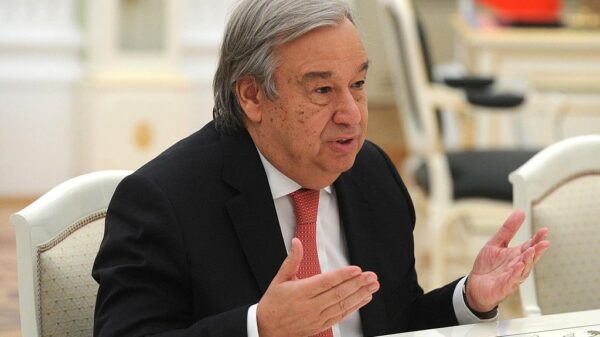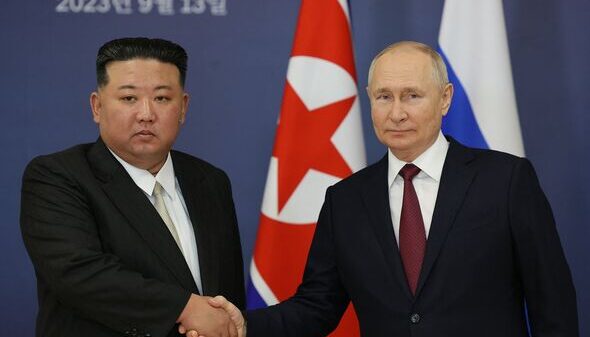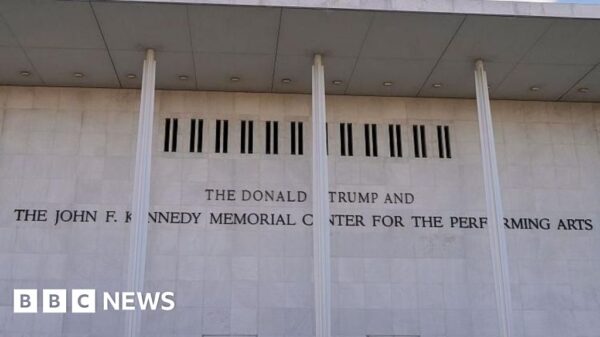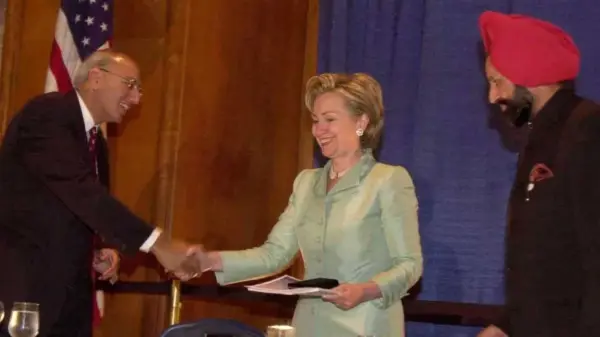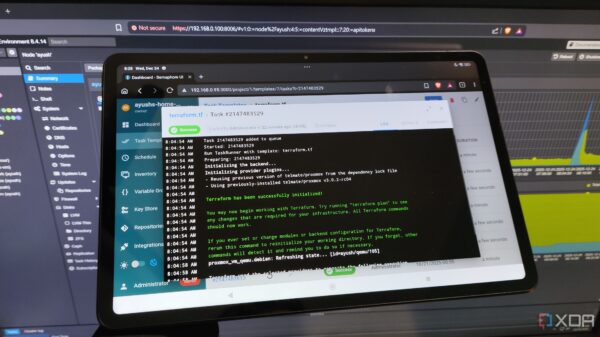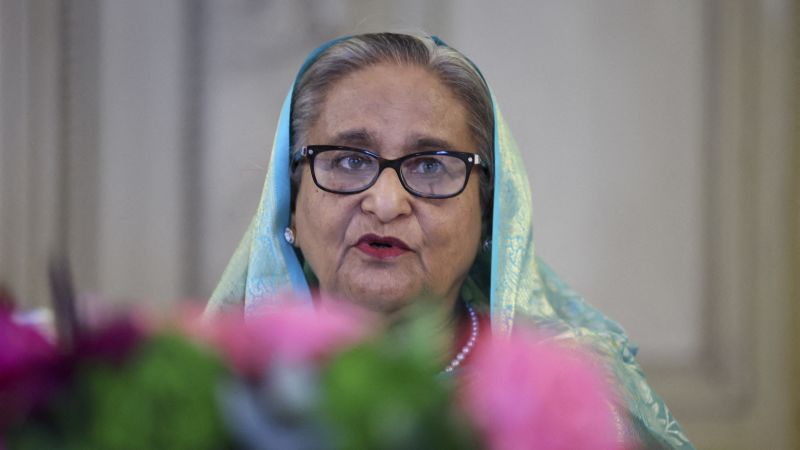Bangladesh’s ousted and self-exiled Prime Minister Sheikh Hasina has been sentenced to six months in prison by the country’s International Crimes Tribunal (ICT) on Wednesday in a contempt of court case. The verdict was delivered in her absence, marking the first time the former leader has been sentenced in any of the multiple cases she faces since fleeing to India after deadly student-led protests in August.
Chief Prosecutor Muhammad Tajul Islam announced the sentence, which also included a two-month prison term for Shakil Akand Bulbul, a leader of the Awami League party’s banned student wing, Chhatra League. The tribunal, led by Justice Golam Mortuza Mozumder, stated that the sentences would take effect upon arrest or surrender.
Background of the Charges
The contempt charges against Hasina stem from a leaked phone recording in which she was allegedly heard saying, “there are 227 cases against me, so I now have a licence to kill 227 people.” A forensic report by a government investigative agency confirmed the authenticity of the audio. The ICT, originally established in 2010 by Hasina’s own government to try 1971 war crimes, has now turned its focus on her alleged misdeeds.
This development follows the interim administration’s pledge, led by Nobel laureate Muhammad Yunus, to hold leaders accountable for rights abuses and corruption. The administration is particularly focused on the crackdown on the student-led uprising last July that ultimately led to Hasina’s regime being toppled.
Political Implications and Reactions
The tribunal has issued three arrest warrants for Hasina, including charges of crimes against humanity linked to the July violence. Her Awami League party remains banned while trials continue against the party and its former leaders. Supporters of Hasina have dismissed the charges as politically motivated, arguing that the interim government is using the trials to eliminate political opposition.
“The trials are crucial for restoring accountability and rebuilding trust in Bangladesh’s democratic institutions,” stated a spokesperson for the interim government.
Meanwhile, international observers are closely watching the developments in Bangladesh, concerned about the implications for political stability and human rights in the region. The ICT’s actions have sparked debate over the balance between justice and political vendetta.
Historical Context and Future Prospects
The ICT was established to address the lingering issues from the 1971 Bangladesh Liberation War, aiming to bring justice for war crimes. However, its current focus on contemporary political figures like Hasina marks a significant shift. This move represents a broader effort by the interim government to address past grievances and set a new course for the nation’s political future.
Experts suggest that the tribunal’s actions could either pave the way for a more transparent political environment or deepen existing divisions. The international community has urged Bangladesh to ensure fair trials and uphold democratic principles.
“The integrity of these proceedings is vital for Bangladesh’s future,” noted Dr. Anwar Hossain, a political analyst based in Dhaka. “The country must navigate these turbulent waters carefully to avoid further unrest.”
As Bangladesh moves forward, the outcomes of these trials will likely influence its political landscape for years to come. The interim government’s commitment to accountability will be tested as it seeks to rebuild trust and stability in the nation.






